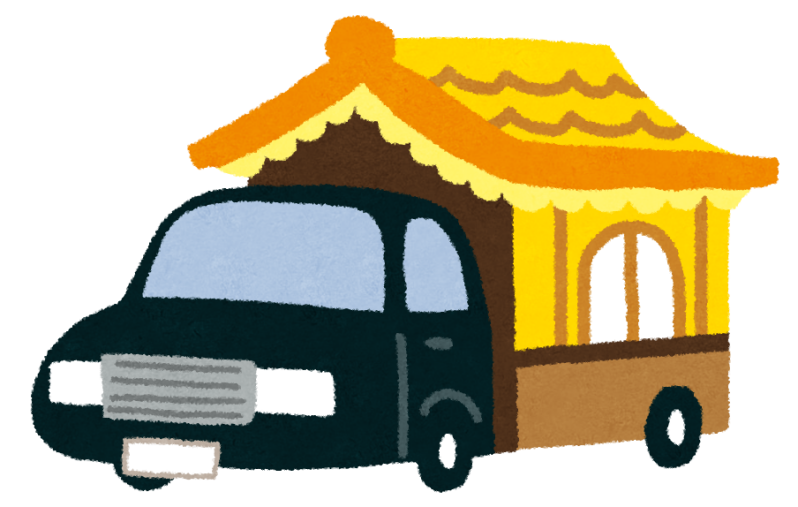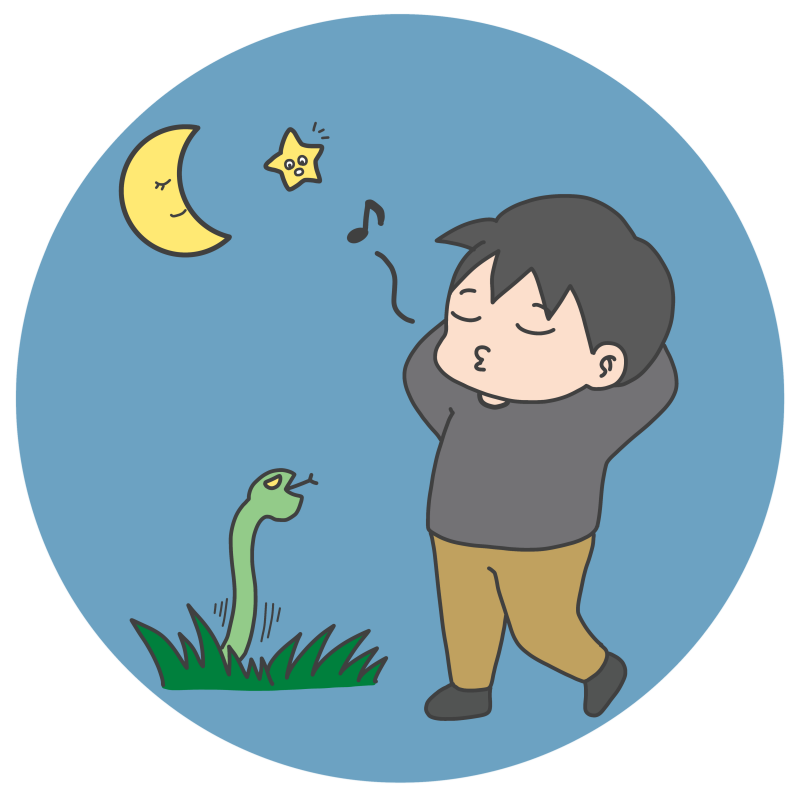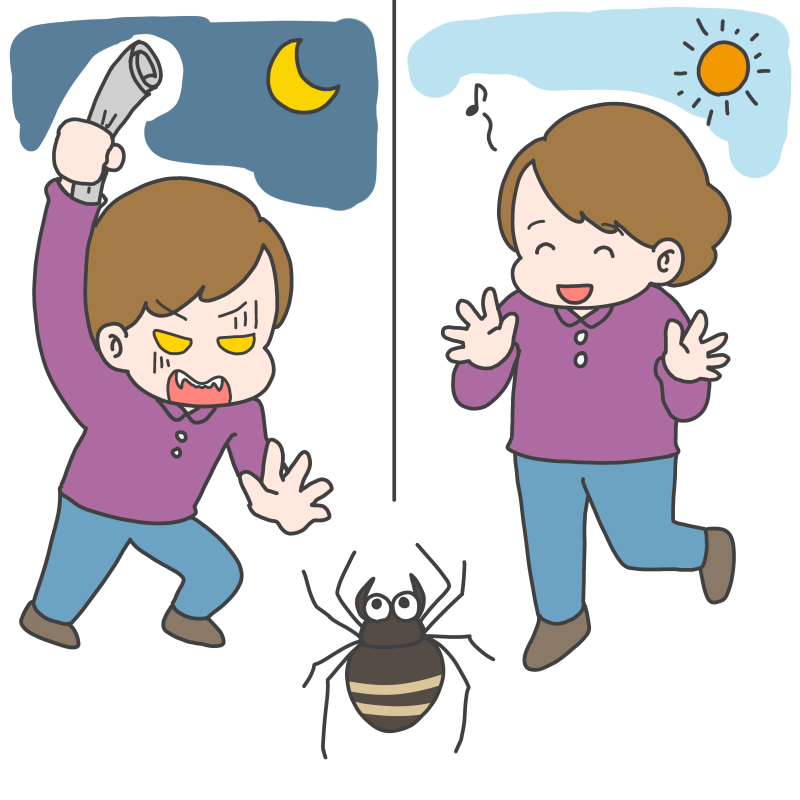Superstitions are a fascinating window into a country’s culture, blending folklore, religion, and everyday life. Japan is no exception, with a rich collection of beliefs that can be both spooky and charming. Some are widely known, while others are surprisingly unusual. Let’s explore both the famous and the lesser-known Japanese superstitions.
Well-Known Japanese Superstitions
Unlucky Numbers: 4 and 9
The number 4 (shi) sounds like “death,” and 9 (ku) sounds like “suffering.” Hospitals often avoid these numbers in room assignments.
Don’t Cut Your Nails at Night
It is said that if you trim your nails at night, you won’t be with your parents when they die. The phrase also plays on the old term yo tsume, meaning “night nails” but also “life shortened.”
Don’t Sleep With Your Head Facing North
This position, called kitamakura (north pillow), is how corpses are laid out at funerals, making it inauspicious for the living.
Hide Your Thumbs When a Funeral Car Passes
The word for “thumb” is oya-yubi (“parent finger”). Covering it protects your parents from harm when a hearse goes by.

Four is death.(死) Nine is suffering.(苦)

A Miyagata Reikyūsha is a traditional Japanese hearse with ornate, temple-like decorations on the back.
Unusual and Lesser-Known Superstitions
Whistling at Night Attracts Snakes or Thieves
Parents used this to discourage kids from wandering outside after dark. Some say the snake imagery comes from old tales of yokai.
If You Lie Down After Eating, You’ll Turn Into a Cow
A playful warning to stop children from being lazy after meals.
Hiccups: 100 Times and You Die
A bit morbid, but often told to kids for fun. The idea is that if you can’t stop hiccupping, it might mean something serious.
Morning Spiders Bring Good Luck, Night Spiders Bring Bad Luck
In agricultural society, seeing a spider in the morning was thought to predict a productive day, while night spiders symbolized misfortune.
Don’t Cut Hair or Nails Before a Journey
Doing so before travel was thought to invite bad luck or even danger.

Please be quiet as it's a nuisance to the neighbors.

Spiders in the house eat pests, so I don't kill them.
Conclusion
From avoiding unlucky numbers to worrying about spiders and hiccups, Japanese superstitions reflect both ancient religious beliefs and playful cultural wisdom. While many people don’t take them literally today, these sayings still live on in daily conversation, literature, and even pop culture.
So next time you’re in Japan, you might think twice before whistling at night or cutting your nails after sunset!
Add comment
Comments